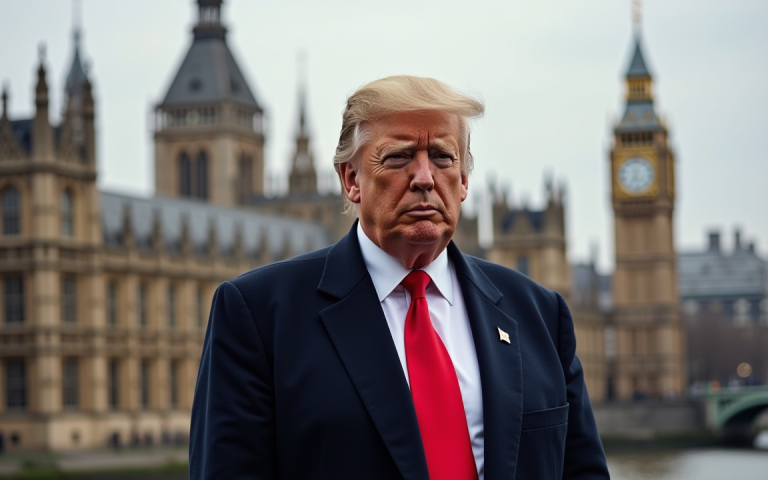A new and powerful alliance is being forged in the fires of a global trade war.
India and Brazil, two emerging-market giants who have found themselves directly in the crosshairs of President Donald Trump’s protectionist agenda, are now moving to deepen their own ties, a calculated and defiant response to an American president who has upended the old world order.
This week, a high-powered delegation of government officials and business executives from Brazil is converging on New Delhi, their mission clear: to forge new relationships and triple the two countries’ modest 12 billion dollar trade partnership.
It is a strategic pivot born of necessity, as both nations grapple with the painful economic consequences of Trump’s broadsides.
A ‘total reorganization’: The global realignment
The burgeoning partnership between Brazilian President Luiz Inácio Lula da Silva and Indian Prime Minister Narendra Modi is one of the clearest and most significant examples of the new global realignments that are taking shape as the White House tears up decades-old alliances and practices.
This is not a move made in isolation.
The same pressure from Washington has pushed New Delhi to thaw its own frosty relations with China and has given the impetus for the South American bloc Mercosur to finally ink a long-elusive trade deal with the European Union.
While both Modi and Lula are still maneuvering to improve their standing in Washington, they are also, in effect, hedging their economic bets.
“Trump’s trade war is generating a total reorganization of trade everywhere,” said Thiago de Aragão, head of Arko International, a consultancy in Washington.
Although everyone wants to solve the problems they have with the US, everyone is weary that this mindset from the Trump administration might be a long-term trend.
The price of the president’s ire
Both India and Brazil have been on the receiving end of some of the harshest tariffs of the Trump era—a crushing 50 percent levy on their goods.
While the White House has since issued some carve-outs, the duties pose a serious and persistent economic risk.
The Brazilian delegation, which is being led by Vice President Geraldo Alckmin and includes executives from corporate giants like Petrobras and Vale, is particularly interested in tapping into India’s massive coffee and ethanol markets.
For Lula, who began his term with a promise to diversify Brazil’s trading partners, Trump’s aggressive stance has only added a new and powerful urgency to that mission.
A delicate dance of diplomacy
For India, the situation is even more complex. The US is its top export destination, a fact that forces Prime Minister Modi to perform a delicate and often contradictory diplomatic dance.
He has tried to strike a balance between remaining loyal to his developing-world allies and cozying up to Trump.
That balancing act has become increasingly difficult. Trump has not only exasperated Modi with the tariffs but also with his repeated and unsubstantiated claims that he “solved” the latest military escalation between India and Pakistan.
It was against this backdrop of rising tension that Lula’s entreaties at a recent BRICS summit in Rio de Janeiro proved so persuasive. Modi cast his lot with Brazil, publicly blasting the “double standards” their countries faced from the West.
The road ahead will not be easy. The two nations sell many of the same products on the global market, and both are still heavily reliant on trade with China.
But in a world where old certainties are crumbling, a new partnership, forged in the crucible of a shared grievance, is beginning to take shape.
The post Trump’s trade war unites Lula and Modi in a desperate hunt for new markets appeared first on Invezz

